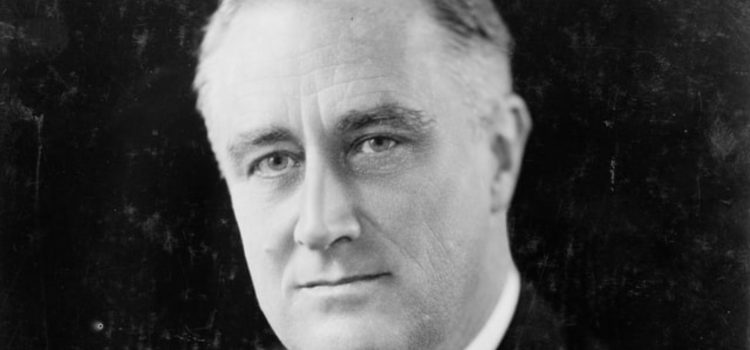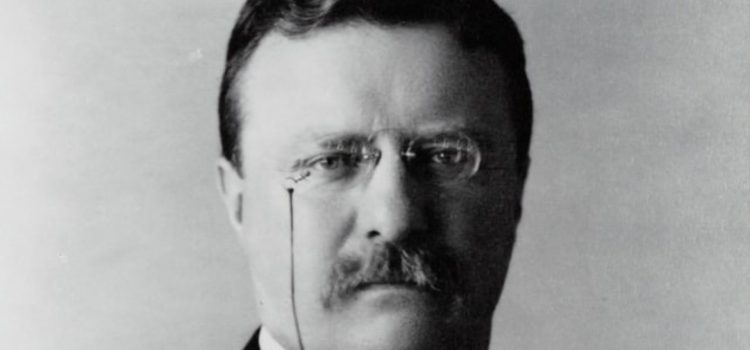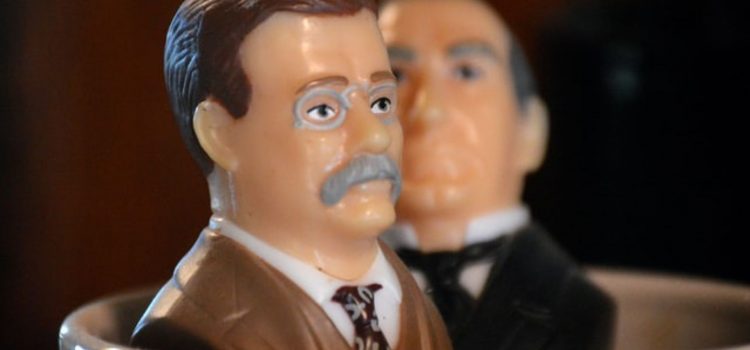Should you stand or sit when delivering a presentation? Is it better to move or stand still? What about eye contact? Most communication is nonverbal, which also applies to public speaking. Your body language and your facial expressions communicate your confidence, your level of comfort, and your engagement. One rule of thumb to follow is to display openness and confidence with your body and make occasional eye contact with members of the audience. Here are some presentation body language tips to keep in mind.
Body Language in Presentations: Tips for Speakers










